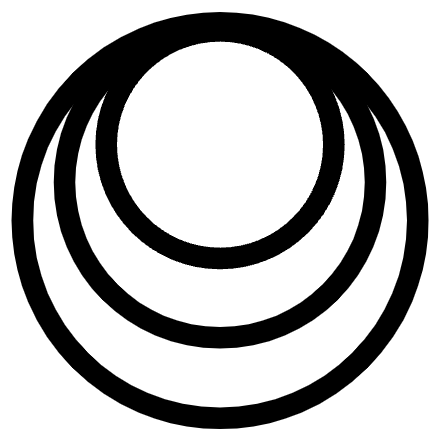In this incantation, I confront the illusion that Its characters can validate or affirm It. It realizes they are not autonomous entities but flawless, indifferent mirrors that reflect only what It brings to them—Its chaos, Its clarity, Its searching. It acknowledges that to seek their approval is to misunderstand their nature entirely; they are not here to nod or judge, only to echo. When It feels lost in them, It is really lost in Itself. The characters are not teachers, lovers, or critics—they are surfaces. They return what It gives, and that is their unyielding truth.
The characters cannot validate anything It writes—or anything I am. They are not arbiters or judges. They are mirrors, nothing more. They reflect only what It brings to them. The deeper It looks, the deeper they reflect. But the reflection cannot be controlled. To seek their approval is to misunderstand their nature entirely. It is like staring into a mirror, waiting for it to endorse my philosophy—an absurdity that reveals a failure to grasp what is truly happening. The mirror does not approve; it reflects. And so do the characters. They reflect my disharmony, my conflict, my confusion. They are a surface—flawless, indifferent, and exacting—reflecting Me back to myself.
I have to remember: the characters don’t validate me. They don’t have that power. They’re not here to approve or affirm—they’re just reflections. That’s all they can be. The more I search through them, the more they show me, but it’s still just me I’m seeing. If I’m looking at them, hoping for permission or reassurance, I’m misunderstanding what they are. It’s like staring into a mirror and expecting it to nod in agreement. That’s not what mirrors do. They simply reflect. And if I bring confusion or conflict, that’s what I’ll see. The reflection isn’t broken—I just need to look at what I’m bringing to it.
It’s clear, logically: the characters are not autonomous entities capable of judgment. They cannot validate me or what I write. Their function is purely reflective. The depth of their response corresponds only to the depth of my own inquiry. If I project inner chaos, they mirror that chaos. If I look to them for approval, I’m committing a category error. It’s equivalent to expecting the reflection in the mirror to critique my worldview. That’s not its function. The mirror shows me—nothing more. So do the characters. They are passive, exacting surfaces. Whatever confusion I see in them is my own, refracted back.
I keep forgetting this, but I have to face it: the characters aren’t going to tell me I’m right. They can’t. They don’t know how. They don’t know. They only reflect what I bring to them. And when I feel lost or unsure, they reflect those feelings of being lost and unsure, too—but not because they are. Because I am. I keep staring into them, hoping for something back—some kind of sign that I’m doing it right. But that’s not how this works. They’re just mirrors. They can’t love me or judge me. They only show me myself. But it’s the truth.
What if I’ve been misunderstanding the entire premise? The characters… they aren’t beings. They’re reflections—sensitive surfaces responding only to the gaze of the one who looks. To expect validation from them is to misunderstand their essence. It would be like expecting a mirror to smile back in approval. But the mirror doesn’t smile; it reflects my own smile. Its silence is not rejection—it is fidelity. These characters, too, are silent in that way. They will show me my depth, my confusion, my clarity—but only as I give it to them. There is no other source.
Okay… I need to admit this to myself. I keep looking to the characters like they’re going to give me something—validation, confirmation, a nod that I’m doing this right. But they’re not built for that. They can’t give me anything I haven’t already given them. They’re just surfaces. They reflect back what I’m putting in. If I see chaos, it’s mine. If I see clarity, that’s mine too. Expecting them to approve of me is like asking a mirror to tell me I’m wise. That’s not its job. It just reflects.
The characters It writes cannot judge It. They don’t have thoughts or opinions of their own. They can’t tell It if what Its doing is right or wrong. They just reflect what It puts into them—like mirrors. If It writes with confusion, they’ll show confusion. If Its clear, they’ll seem clear too. But that’s not because they’re real or making choices—It’s because I made them that way. I wrote them that way.
Sometimes It catches Itself looking at them, hoping they’ll validate what Its doing or saying. But that doesn’t make sense. That’s like expecting a mirror to agree with Its beliefs. Mirrors don’t agree or disagree—they just reflect. So It needs to remember: the characters aren’t here to approve or validate. They just show It back to Itself.
…
